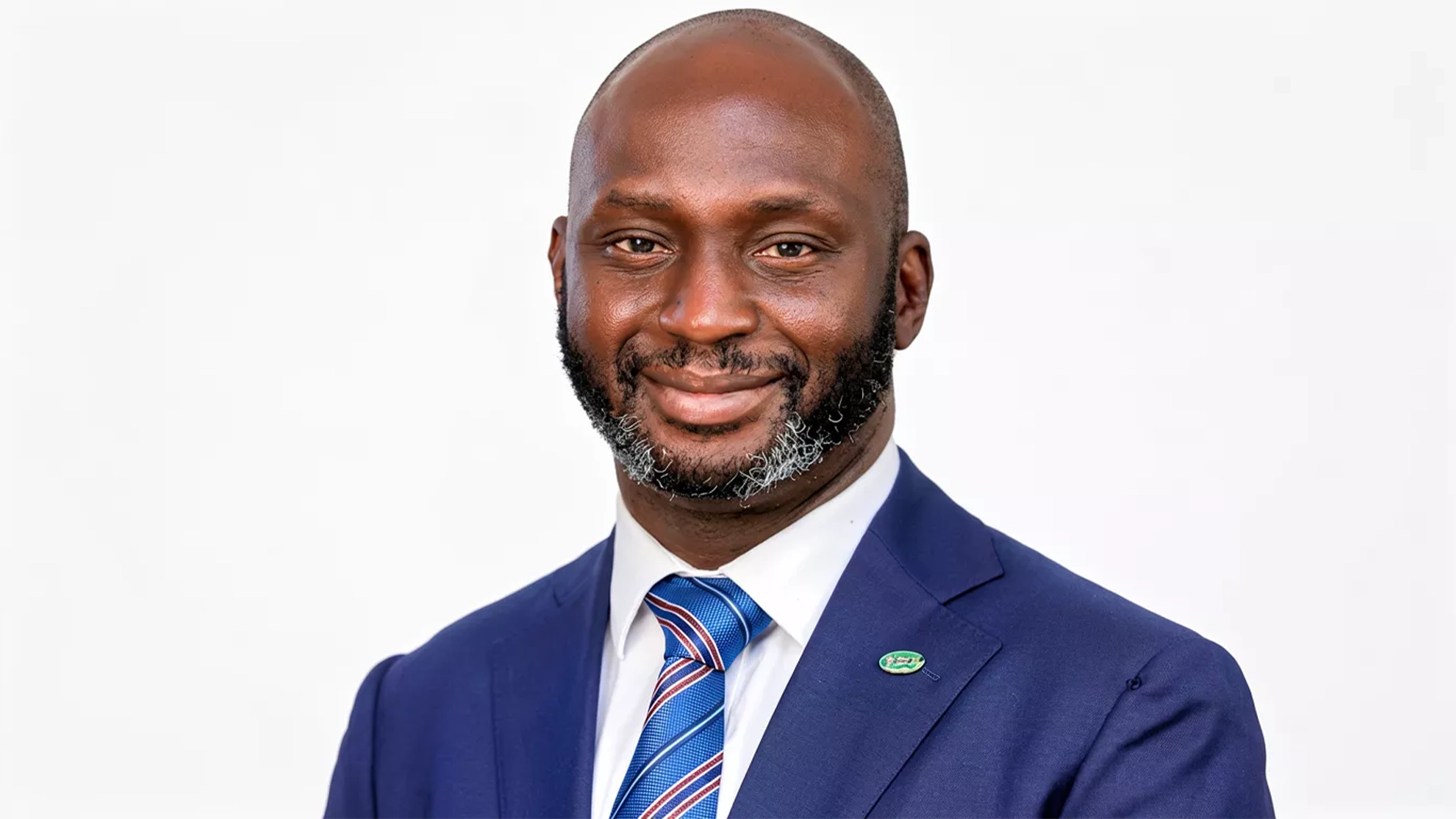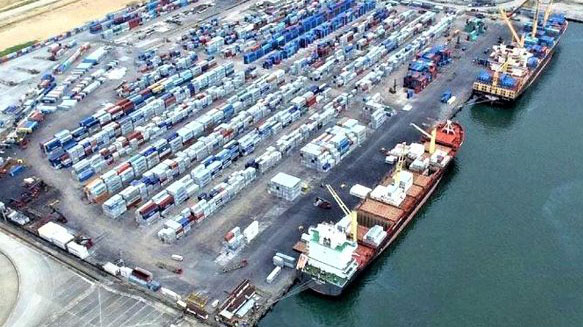As the Monetary Policy Committee (MPC) of the Central Bank of Nigeria (CBN) meeting gets underway in Abuja from today, Nigerians are expectant of policy steps that would further boost their purchasing power through a reduction in prices of goods and services.
The expectations are anchored on the sliding inflation, which has been on a downward trend in the last few months. Still, food inflation remains sticky due to supply chain disruptions, insecurity in food-producing areas, increasing transportation costs and other supply structural constraints.
Though the CBN governor, Yemi Cardoso, has continually stressed the importance of stemming food prices, the underlying challenges render the tight monetary policy aimed at taming prices ineffective.
Experts are of the view that while high interest rates can curtail investment and growth, the CBN has to balance inflation control and growth stimulation.
Data from the National Bureau of Statistics (NBS) indicate a gradual decline in headline inflation over recent months from 24 to 26 per cent in the first quarter to around 20.12 per cent in August.
This suggests that some disinflation realities are becoming more pronounced within the economy amid high food inflation, which has remained a major contributor to headline inflation.
It must be noted that the effects of rebasing and reweighting the CPI have altered the measured inflation path. Thus, the drop in the inflation figure is due to measurement adjustments rather than only changes in real price pressures.
The CBN has held its key interest rate at 27.5 per cent in recent meetings, indicating it is not yet convinced inflation has fully embedded downwards.
At its 301st meeting held on July 21 and 22, 2025, the MPC retained the monetary policy rate (MPR) at 27.5 per cent, maintained the asymmetric corridor around the MPR at +500/-100 basis points and retained the cash reserve ratio (CRR) for deposit money banks at 50 per cent and 16 per cent for merchant banks. It also kept the liquidity ratio unchanged at 30 per cent.
It said the decision was premised on the need to sustain the momentum of disinflation and sufficiently contain price pressures. Pressure will continue to undertake rigorous assessment of economic conditions, price movement and outlook to inform future policy decisions.
Policies and guidelines put in place so far by both the monetary and fiscal authorities to tame inflation have outperformed projections, even with three months to the end of the year.
The World Bank said if the CBN maintains its tight monetary policy, inflation could average just over 22 per cent in 2025. PwC projects inflation easing to roughly 21.46 per cent for 2025, while the African Development Bank (AfDB) expects inflation to moderate to around 20.7 per cent in 2025.
Overall, analysts see inflation continuing to decline month-to-month. Their consensus is for inflation to stay below 20 per cent year-on-year for the rest of the year.
They based their assumption on continued tightening of the monetary policy, stability in the foreign exchange market, continued improvements in the supply chain and agricultural output so that food inflation eases.
Stakeholders and observers warned that confidence in the Nigerian economy could be derailed by new external shocks such as sharp oil price increases and a rise in global food prices.
As agitation by the Nigeria Labour Congress (NLC) and the Trade Union Congress (TUC) for the review of the national minimum wage from N70,000 to above N150,000 threshold begins to gather momentum, experts warned that rising wage pressure or other cost-push factors could be an inflation threat.
A retired central banker, Dr Yunana Bature, said the CBN’s policy decisions, such as adjusting the benchmark interest rate, are crucial for controlling inflation.
He added that the expectation of a rate cut is in order following the drop in the inflation figure last month. He further noted that the relative stability of the naira further strengthened the belief that the time to cut the rate is ripe.
“Although I do not see the MPC reducing the rates, I think Nigerians are justified in looking forward to a cut. A cut will be a boost to the manufacturing and the real sector of the economy as the cost of borrowing will be cheaper and strengthen consumer spending via a strong purchasing power. The MPC will be looking at the bigger picture,” he explained.
Halting rate at this point is premature, even though many countries across the world are reducing rates, an investment banker, Tolulope Alayande, said.
Alayande held that the fundamentals that underpin the Nigerian economy are still fragile to warrant a rate cut now. He advised that the MPC hold key parameters until next year.






